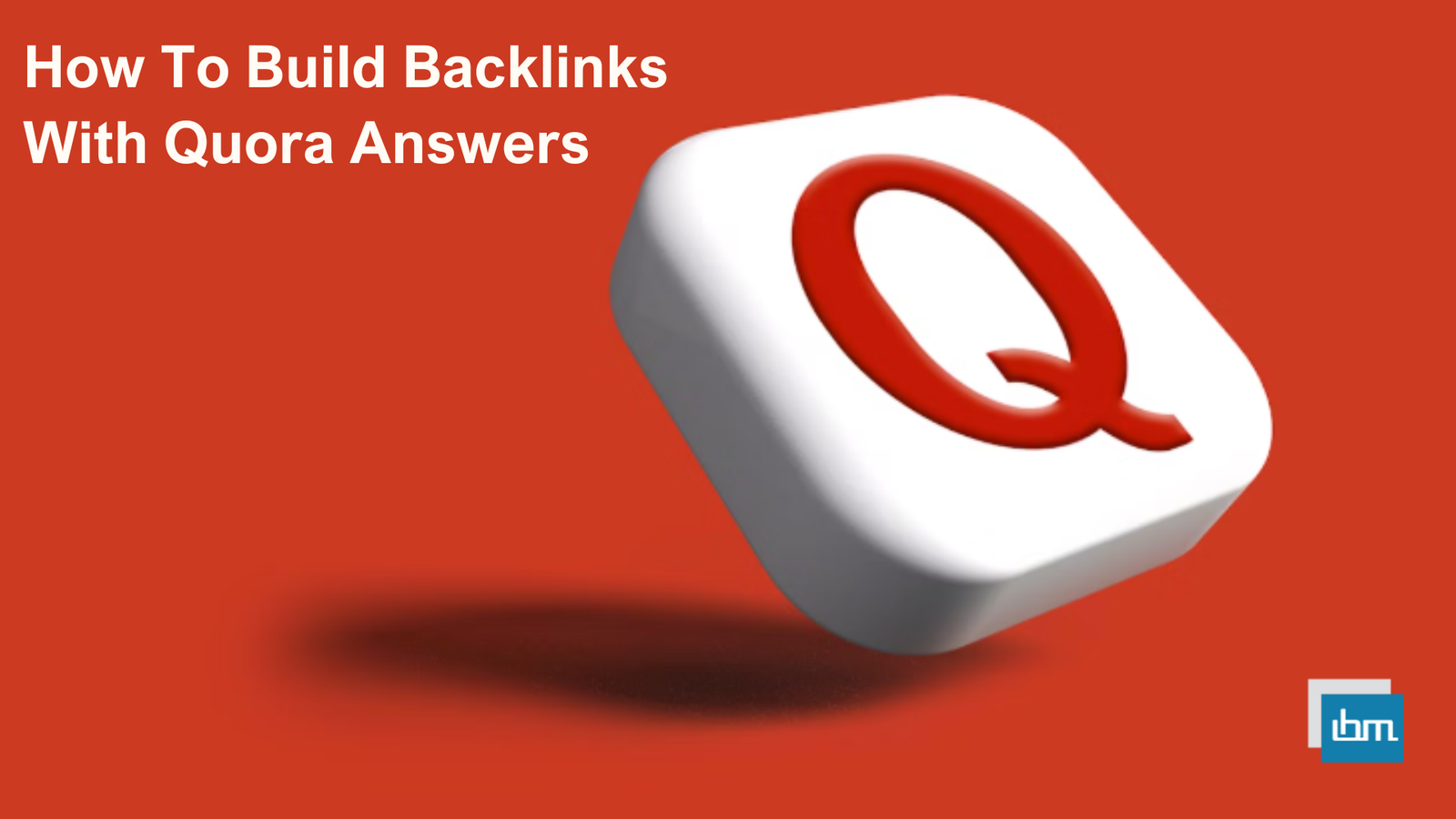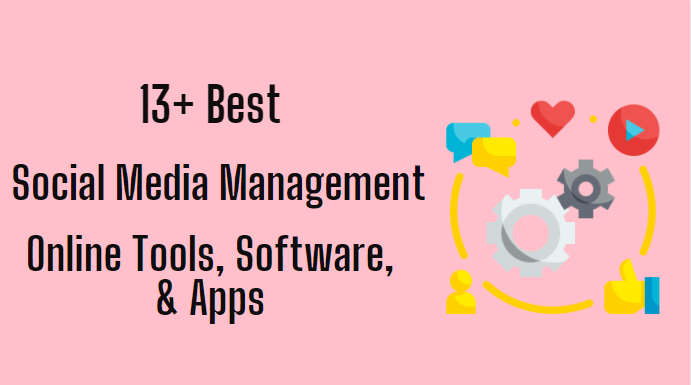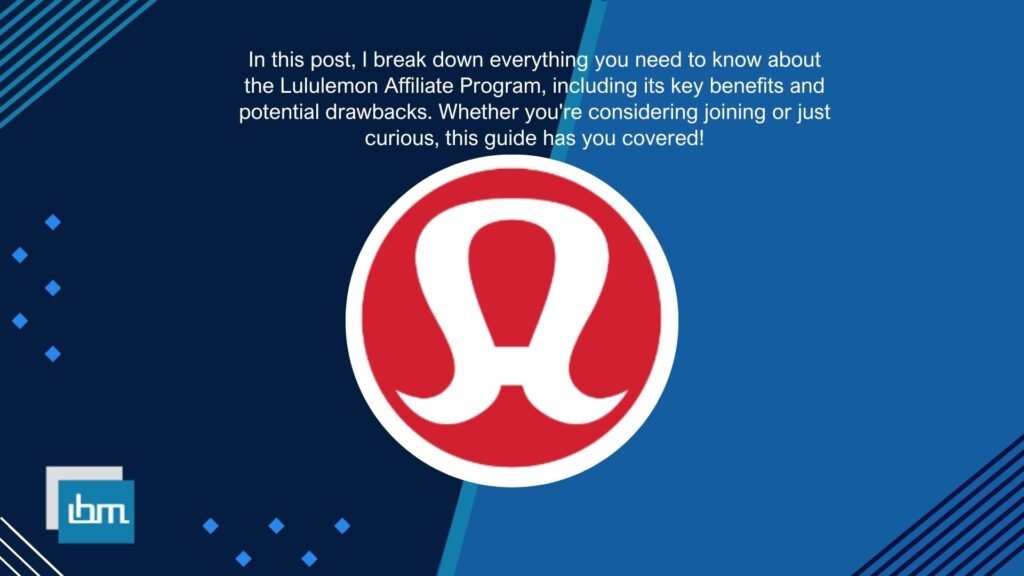Quora might look like just another Q&A site to the casual internet user, but to digital marketers and SEO professionals, it’s a goldmine for generating relevant traffic, building authority, and most importantly earning valuable backlinks. If you’ve been struggling to build backlinks organically, or you’re tired of outdated tactics, this new guide will show you exactly how to build backlinks with Quora answers, step by step, using human insights, real strategies, and long-term thinking.
Let’s start from the ground up.
Why Use Quora for Backlinks?
Before we get into how, it’s important to understand why Quora matters in 2024 and beyond.
Quora is one of the most visited websites globally. With over 300 million monthly active users, it’s a trusted platform that Google often ranks highly in search results. When you post high-quality answers on Quora, they don’t just reach curious readers on the platform they also get indexed by Google, meaning your answers can show up in search results, sometimes even above your blog or competitor’s website.
Even though Quora uses no-follow links, they still have SEO value when used properly. How? Because SEO is not just about technical metrics it’s about relevance, authority, and traffic generation. Quora links can bring real users to your site, improve your content’s reach, and drive behavioral signals that Google loves.
Step 1: Create a Professional and Niche-Focused Quora Profile
This step is often ignored, but it makes a big difference.
When you answer a question, users usually check who you are before clicking your link. So, create a professional Quora profile that speaks directly to your niche.
Here’s how:
- Use a real name and photo (avoid logos or avatars).
- Write a niche-specific bio like: “Digital Marketer helping small businesses grow through SEO and content strategies.”
- Link to your website in the profile description (Quora allows one website link here).
- Add credentials like job titles, certifications, or blog mentions related to your niche.
Think of your profile as a landing page. If it builds trust, more people will click your answers and your links.
Step 2: Find the Right Questions to Answer
Instead of answering random trending questions, focus on questions with existing traffic and high engagement. These are the ones already ranking in Google and getting views.
How to find such questions:
Search Quora with your main keyword (e.g., “affiliate marketing” or “WordPress SEO”).
Filter by “Questions” and look for ones with:
5+ answers (indicates engagement)
Thousands of views
Active in the last 6–12 months
site:quora.com your keyword
This shows questions that are already indexed and ranking.
Answering these questions not only gives you visibility on Quora but also a chance to appear in Google search results. That’s indirect SEO leverage.
Step 3: Write Helpful, Well-Structured Answers (Not Sales Pitches)
Forget the idea of dropping links and running. That’s a surefire way to get flagged or ignored.
Your answers need to genuinely help the reader. Start by identifying the core problem in the question and address it with:
- Real-world examples
- Step-by-step explanations
- Short paragraphs (for mobile readers)
- Headings and bullet points (Quora supports basic formatting)
The link to your blog or website should be included naturally, only when it adds value to the reader. For instance:
“I wrote a more detailed guide with examples here: [Your Blog Link]”
Every Quora answer is not just a chance to share your knowledge, but a powerful opportunity to build quality backlinks that drive real traffic and authority to your website.
This doesn’t look spammy it looks helpful.
Step 4: Insert Links That Drive Value, Not Just SEO
Let’s be clear: Quora uses no-follow links, which means they don’t directly pass PageRank or link juice.
But here’s where smart SEOs win by understanding indirect link value.
If your link:
- Gets clicked frequently
- Keeps users on your site
- Leads to social shares or further backlinks
- Gets picked up by journalists or bloggers
Then your Quora link has just turned into real SEO value.
This is why context matters. Don’t link to your homepage or service page. Link to useful blog posts, case studies, free tools, or downloadable guides.
Also, track which Quora links bring traffic using UTM parameters or tools like Google Analytics.
Step 5: Optimize for Featured Snippets and Search Traffic
Some Quora answers get picked by Google as featured snippets (Position Zero), especially for “how-to” or “what is” type questions.
To increase your chances:
- Use clear headers (H1/H2 formatting like “Step 1: …”).
- Answer the question in the first 2–3 lines.
- Keep language simple and human.
- Break long content into sections.
A well-optimized answer can bring in hundreds even thousands of clicks to your blog passively.
Step 6: Be Consistent and Strategic
Like any content strategy, consistency is key.
Set a weekly schedule to answer:
- 3–5 relevant Quora questions every week.
- Questions related to your latest blog posts or YouTube videos.
Each time you publish new content on your site, go to Quora and find related questions where you can plug your new content naturally.
Over time, you’ll build a library of backlinks that all point to different pages of your site. This helps with domain authority, topical relevance, and traffic diversity.
Step 7: Engage With Other Answers (And Build Your Reputation)
Quora isn’t just a posting site it’s a community.
To stand out:
- Upvote other helpful answers
- Comment thoughtfully (not spammy)
- Thank users who upvote or follow you
This builds your profile’s trust and visibility. Users start to follow you, your answers get more upvotes, and your links get more traffic.
Some Quora users have built entire personal brands just by showing up consistently and offering genuine value.
Step 8: Monitor What Works (And Scale It)
Track which answers are:
- Driving the most views
- Getting the most link clicks
- Leading to sign-ups or sales
Use Quora’s built-in “Stats” dashboard, plus Google Analytics to see traffic sources and behavior.
When you see that a particular topic or style of answer performs well, double down:
- Write more content on that topic
- Link to similar blog posts
- Answer spin-off questions
That’s how you build momentum by following your own data.
Bonus: Combine Quora With Other Platforms
Quora is powerful, but when you combine it with content repurposing, the results can be even better.
For example:
- Turn your top Quora answers into blog posts.
- Record YouTube videos that expand on your answers.
- Convert long Quora answers into LinkedIn carousels or Twitter threads.
This not only boosts your brand but brings more readers back to Quora where they find your profile and click your links. It’s a self-reinforcing cycle.
Common Mistakes to Avoid When Building Backlinks on Quora
- Answering too many random questions: Stick to your niche. Relevance matters more than quantity.
- Posting short, link-only answers: These are often deleted and flagged.
- Copy-pasting from your blog: Quora prefers original content. Rewriting in your own words is crucial.
- Not optimizing your profile: People won’t click your link if they don’t trust you.
- Ignoring engagement: Quora rewards active contributors. If you just post and leave, you miss out.
FAQ’s
Yes. While Quora backlinks are “no-follow,” they still offer SEO benefits by driving relevant traffic, improving brand visibility, and helping your content rank via engagement and behavioral signals.
You can but only when they genuinely add value to the answer. Don’t spam links. Use them naturally within helpful content to avoid getting flagged.
Aim for 3–5 quality answers per week. Consistency is more important than volume, especially if you’re targeting high-traffic questions in your niche.
Yes! Many high-quality Quora answers rank well on Google, especially for “how-to” and definition-type queries. This increases your exposure and link clicks.
It depends on your niche and consistency, but most users see noticeable traffic within 30–60 days if they focus on quality and engagement.
Conclusion.
Let’s be real building backlinks these days isn’t about shortcuts or black-hat tricks anymore. It’s about being helpful, human, and strategic. Quora is one of the few platforms where you can directly connect with people who are searching for real answers.
If you focus on giving honest, well-structured advice and include your links naturally without forcing them you’ll be amazed at how much traffic and credibility you can gain over time. It’s not an overnight game, but with consistency and a smart approach, Quora can become one of your most reliable tools for long-term backlink building.
Absolutely. But only if you treat it as a value-first platform.
Don’t think of Quora as just a place to “drop links.” Think of it as a content distribution channel, a brand-builder, and a credibility booster. In a world full of AI-generated fluff, real, human advice stands out and gets rewarded with clicks, shares, and rankings.
If you follow this new guide to building backlinks with Quora answers, you’ll not only gain high-quality referral traffic you’ll also build a long-lasting presence that supports your SEO efforts, boosts brand awareness, and earns trust with real readers.








